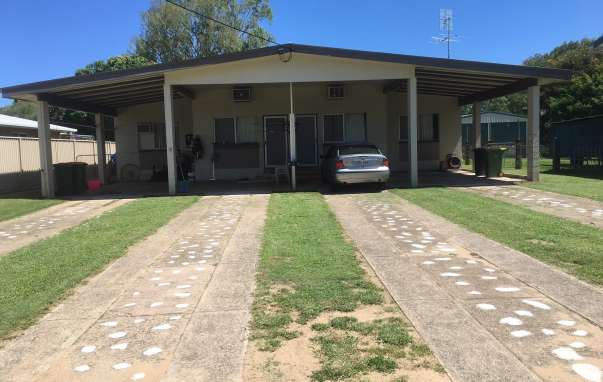Selling your property without an agent is an increasingly popular option for homeowners who want to save on commission fees and retain control of the sale. A DIY home sale ACT (Australian Capital Territory) is not only possible, but perfectly legal—provided you follow the proper legal steps. Whether you're experienced in property matters or tackling your first sale, understanding the legal process is critical. Here's what you need to know to complete a successful DIY home sale in the ACT.
1. Obtain a Solicitor or Licensed Conveyancer
Even if you're selling the home yourself, you will still need professional legal assistance. In the ACT, sellers must prepare a contract for sale before they advertise their property. This contract must be compiled by a solicitor or a licensed conveyancer. It includes all relevant legal documents such as:
- A copy of the Certificate of Title
- Zoning and planning certificates
- Building and pest inspection reports (optional but recommended)
- Energy Efficiency Rating (EER) statement
- Any easements or covenants
You cannot legally advertise your home without having this contract ready. Therefore, hiring a qualified legal professional early in the process is the first and most essential legal step.

2. Prepare the Contract for Sale
In the ACT, the Civil Law (Sale of Residential Property) Act 2003 outlines the requirements of a contract for sale. As a seller, you must provide all necessary disclosures about the property. Omitting key details—intentionally or unintentionally—can lead to the buyer rescinding the contract or taking legal action.
It’s also important to include any special conditions you want to attach to the sale, such as a preferred settlement date or inclusion of certain fixtures. A comprehensive, legally binding contract protects both parties and ensures the process runs smoothly.
3. Advertise Your Property Legally and Effectively
Once your contract for sale is ready, you can legally list your home for sale. Platforms like For Sale By Home Owner provide a cost-effective way to advertise your property online across major real estate websites. Their service allows you to manage the process independently while reaching thousands of potential buyers.
Remember to include the Energy Efficiency Rating (EER) in your advertisement, as this is a legal requirement in the ACT.
4. Conduct Open Homes and Private Inspections
You have the right to show your home to interested buyers, but you must ensure these are conducted safely and legally. Keep a record of all visitors and ensure your property complies with safety standards. During these visits, be honest and transparent about the condition of the property—misrepresentation can lead to legal disputes down the track.

5. Negotiate and Accept an Offer
When you receive offers, you can negotiate directly with buyers. Once an offer is accepted, your solicitor or conveyancer will formalise the agreement and both parties will sign the contract for sale. In the ACT, there is a five-business-day cooling-off period, during which the buyer can withdraw, although this can be waived if both parties agree.
6. Exchange Contracts
The formal exchange of contracts marks the point where the sale becomes legally binding. This process is typically facilitated by your legal representative. The buyer will pay a deposit—usually 10% of the purchase price—at this stage.
7. Settlement
Settlement usually takes place 30 to 90 days after the contract exchange, depending on the terms negotiated. During settlement, the remaining balance is paid, and the title of the property is officially transferred to the buyer. At this point, keys are handed over, and the sale is complete.
Final Thoughts
Handling a DIY home sale in the ACT involves a structured legal process that you must follow closely. From preparing a valid contract for sale to managing inspections and settlement, each step carries legal weight. With careful planning, legal assistance, and effective advertising tools from platforms like For Sale By Home Owner, you can achieve a successful and compliant private sale.






